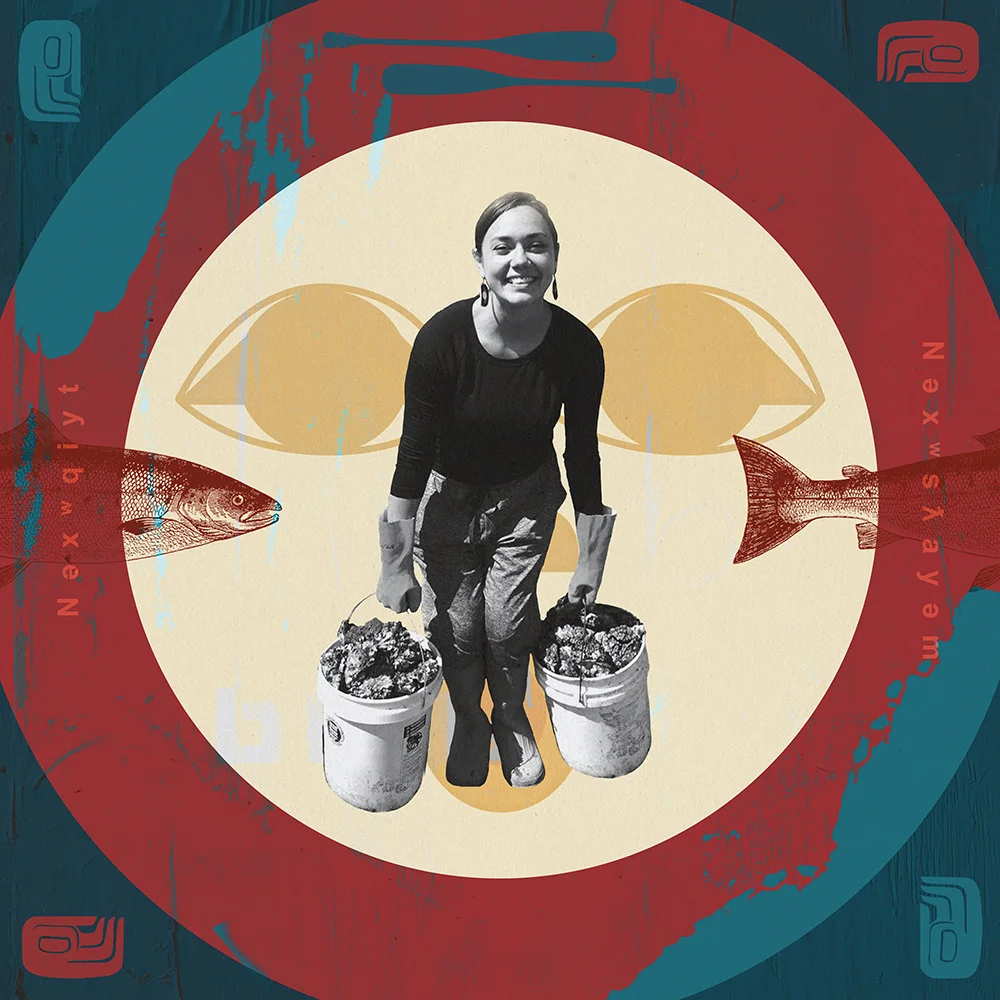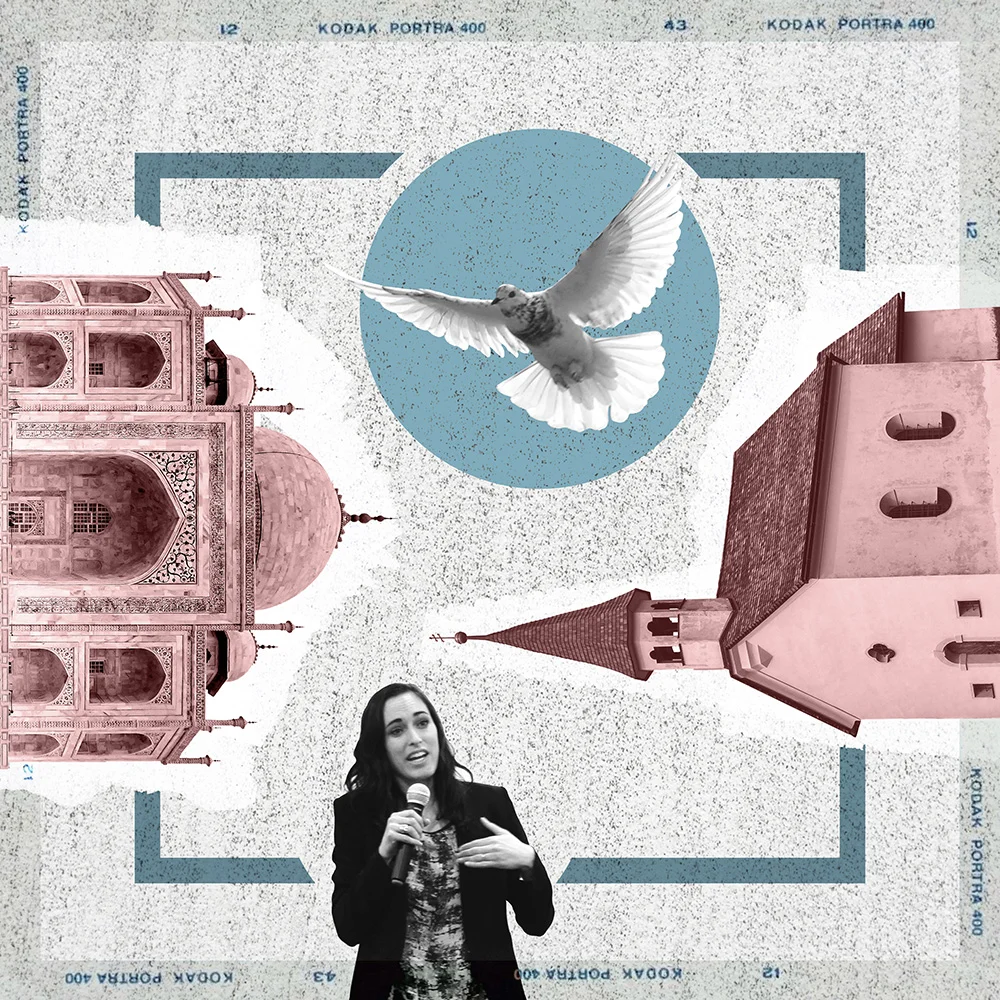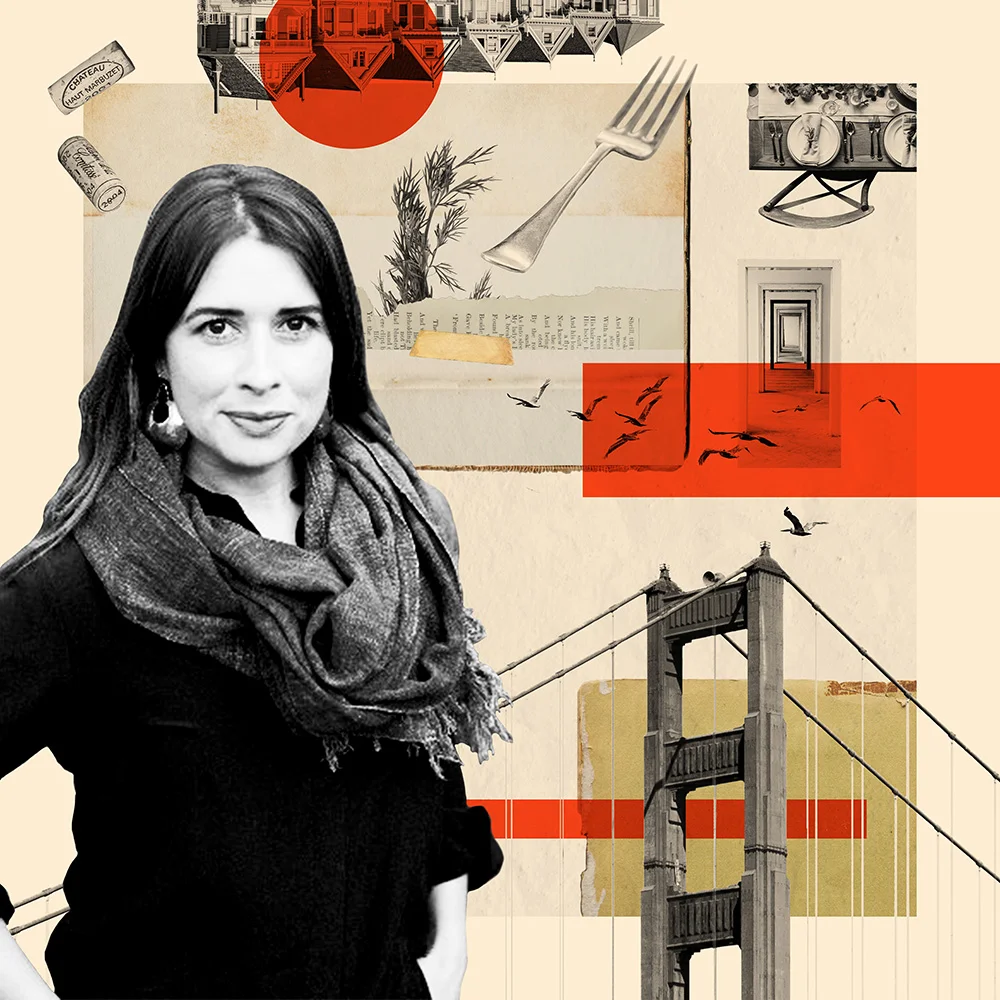How to Use Your Influence to Spark Change
…
One its own, a single match doesn’t provide a significant amount of heat or light… but use that match to light some newspaper, a little bit of kindling, a few small logs, and… boom! BONFIRE.
A woman who is fully alive, living out her passions and values is like a lit match—she makes everyone around her want to live their fire, too.
That is the power of social influence. We can spread our passion for an issue to the people around us by what we do (and don’t do,) because watching someone live out their passion is far more powerful than hearing them talk about it.
And to be clear, influence isn’t just for “influencers” in the social media sense.
We all have influence... every single one of us. We just need to learn how to recognize it, embrace it, and leverage it for good in our everyday lives.
And honestly? It’s probably smaller, simpler, and more subtle than you imagine.
About ten years ago, my husband and I visited some friends we hadn’t seen in over a year. In an effort to be good house guests, we stopped at the store and picked up some food.
When our friends got home from work and saw a package of Oreos on their counter, one of them made a half-joking comment about how we’d brought “unethical chocolate” into his house. He said it in passing and in same the tone you’d use to tell someone to get a bag of snacks “away from you” because you can’t stop eating them.
Our obvious response was, “Wait… what?”
He explained that he and his wife recently learned that slavery is a huge issue in the cocoa industry and as a result, their family had committed to only eating Fair Trade chocolate from then on.
I’m pretty sure I rolled my eyes and muttered something about “hippies” under my breath while grabbing another handful of Oreos. They didn’t make me feel bad about it and I never got the sense they were judging me, but neither of them ate the Oreos.
Over the next days and weeks, our friends’ comment popped into my head any time I saw or bought anything with chocolate.
Was that true? I wondered. And what difference is it going to make that those two people refuse to buy unethical chocolate?
Finally, I did my own research and discovered my friends were totally right. Since I couldn’t knowingly support slavery—especially not for a treat that I absolutely didn’t need—my family followed in their footsteps and we, too, stopped buying chocolate that wasn’t Fair Trade.
This led to interactions in our life much like the one we had about the Oreos. I got good at being self-effacing and explaining why we don’t eat most chocolate without making people feel guilty or judged.
No single interaction felt dramatic or world-changing. But when my kids were really little, it was the thing I did to make a difference. It was what I could do, where I was, with what I had.
And slowly, over a period of months and years, the people around us also started going out of their way to buy Fair Trade chocolate. Then stores also began to change—ethically sourced chocolate started popping up everywhere. To keep up with the increasing demand, Fair Trade cocoa production increased. People were paid more fairly. The world changed.
Now, I’m not saying my friends and I single-handedly changed the world, but we contributed to it because living out your values makes them spread like wildfire.
Moments of social influence are typically small and simple, but super powerful.
Here are a few examples of how you to do this:
The next time you go out with friends, suggest going to a restaurant owned by immigrants so you can support their business.
In addition to (or instead of!) posting online about an issue that makes you sad/mad/frustrated/anxious… have a conversation about it in real life. Preferably with someone who might see it differently than you do.
Respond to a compliment on a thrifted item by saying something like “Thanks! I got it from an online consignment store called ThreadUp (or Poshmark is another good one!) I watched this documentary on Netflix called The True Cost about exploitation in fast fashion and now I can’t bring myself shop at the mall.” :/
(In those two sentences, you told her about the injustice of fast fashion without making her feel bad about her own choices and you mentioned a resource where she can follow-up if she’s interested.)
Attend a religious service different from your own. Observe. Meet people. Ask questions. Then go back again and take your kids and/or friends.
Replace your ziploc bags with reusable silicone ones and your sponge with a more eco-friendly alternative. When people ask, just say “yeah, just trying to cut down on how much plastic we use in our kitchen.” Then just leave it at that.
Let your house be messy when people come over and, instead of cleaning, spend the afternoon working on something you care about deeply and brings you joy… then tell your friends what you’re working on and why it’s more important to you then pretending your house is always clean.
Wear a “Black Lives Matter”, “Love Is Love”, or “Trans Lives Matter” shirt to your place of worship.
Start a book club of focused on books written by women of color. When people notice, explain why it’s important to you to read stories written by marginalized people (not in a preachy way, just in a matter of fact way.)
Remember, people are far more affected by what we do than by what we say. That’s why living out our passions and values makes our influence reach far beyond what we ever know.
Burn bright enough and you will spark change.












